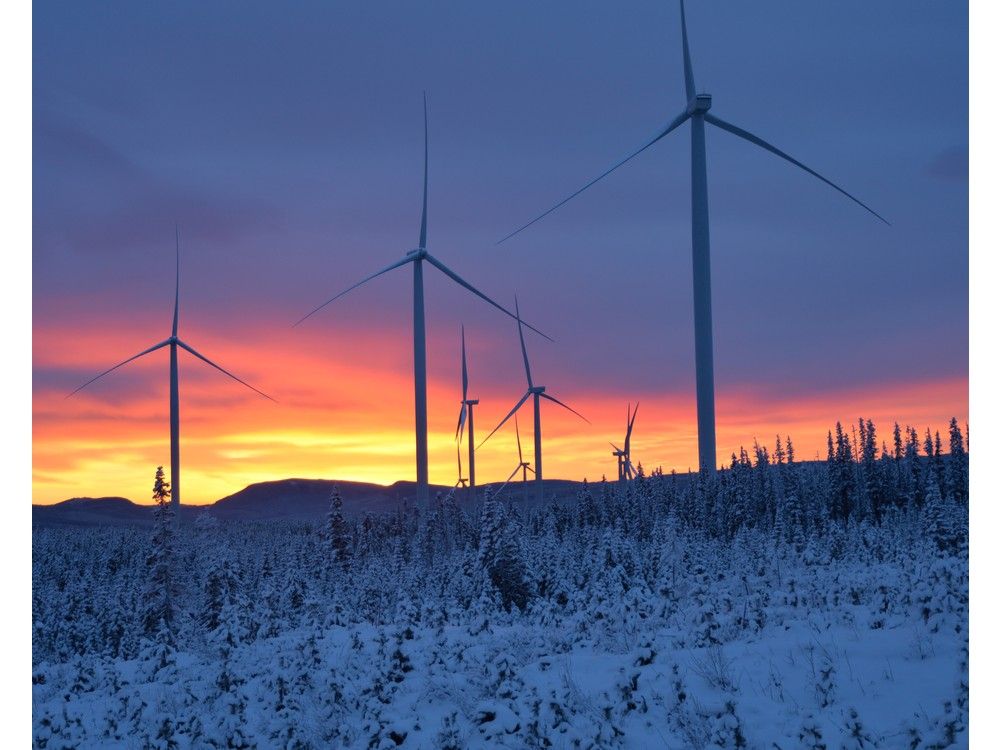
The B.C. government has proposed new legislation to speed up the permitting process for renewable energy projects in a bid to address climate change and secure energy independence amid trade threats.
Energy Minister Adrian Dix introduced the new renewable energy projects act to the legislative assembly on Wednesday.
If passed, the act will expand the authority of B.C.’s energy regulator to oversee renewable energy projects. That would mean the regulator would be the primary permitting agency for clean energy and transmission lines.
Dix said this would help simplify the approvals process for these projects, eliminating the need for cross-ministry and agency permitting.
“B.C. has a once-in-a-generation opportunity to become a world leader in clean-energy production and we will take every action possible to see that all British Columbians benefit from this opportunity,” said Dix in a statement Wednesday.
“Renewable energy projects like wind and solar are urgently needed to provide affordable clean power, create jobs, and strengthen and diversify our economy, especially during this period of global market uncertainty.”
The regulator’s first task would be to focus on the $3 billion North Coast Transmission Line project and wind-and solar-power projects.
He said the line will help accelerate the expansion of B.C.’s electricity grid and meet the demand in growth arising from mineral and metal mining, port electrification, hydrogen and fuel processing, and shipping projects under consideration.
The proposed legislation would also exempt the NCTL project and the nine wind projects selected in the 2024 call for power from the environmental assessment processes and allow government to do the same for other wind-power projects in the future.
The government says the proposed legislation would ensure the regulator consults with First Nations on environmental concerns.
In December, B.C. Hydro approved nine new wind-power projects that are projected to increase its electrical capacity by eight per cent, but the province has a ways to go before reaching its 2030 targets for increased electricity generation.
Industry representatives have welcomed Premier David Eby’s vow to expedite resource projects in the face of tariff threats but some environmental advocates worry it will wind up giving development a pass on rigorous evaluation. For more on that read: David Eby’s fast-track for $20 billion in resource projects draws praise, concern.
With files from Alec Lazenby and Derrick Penner